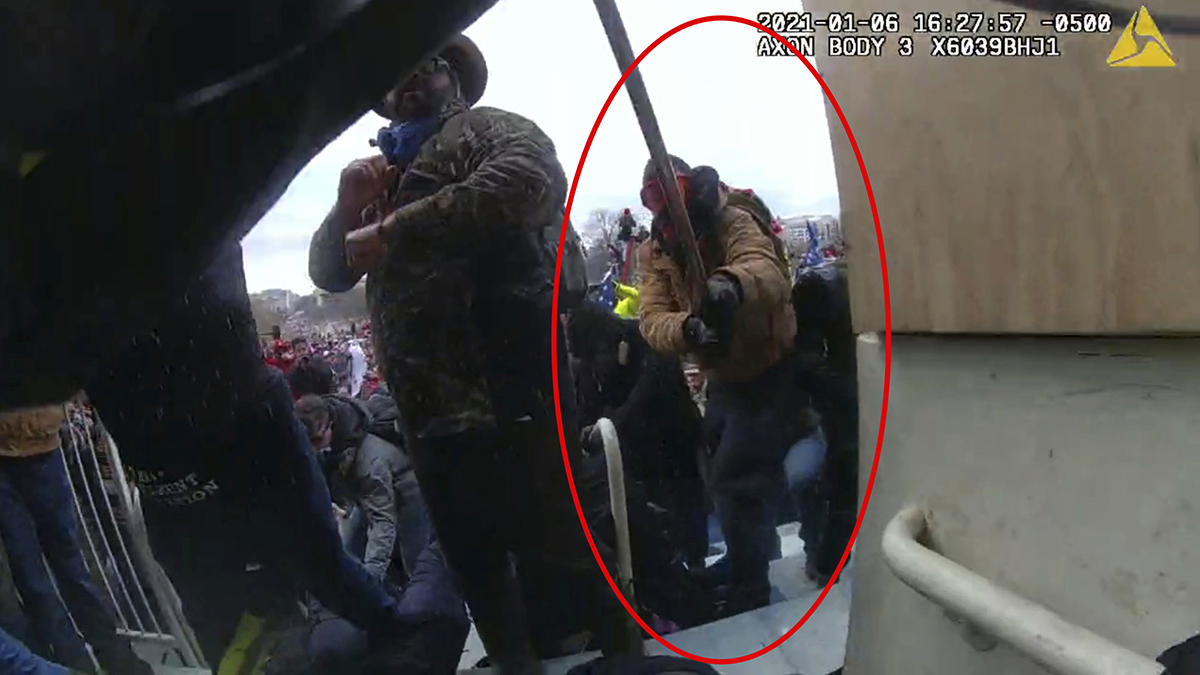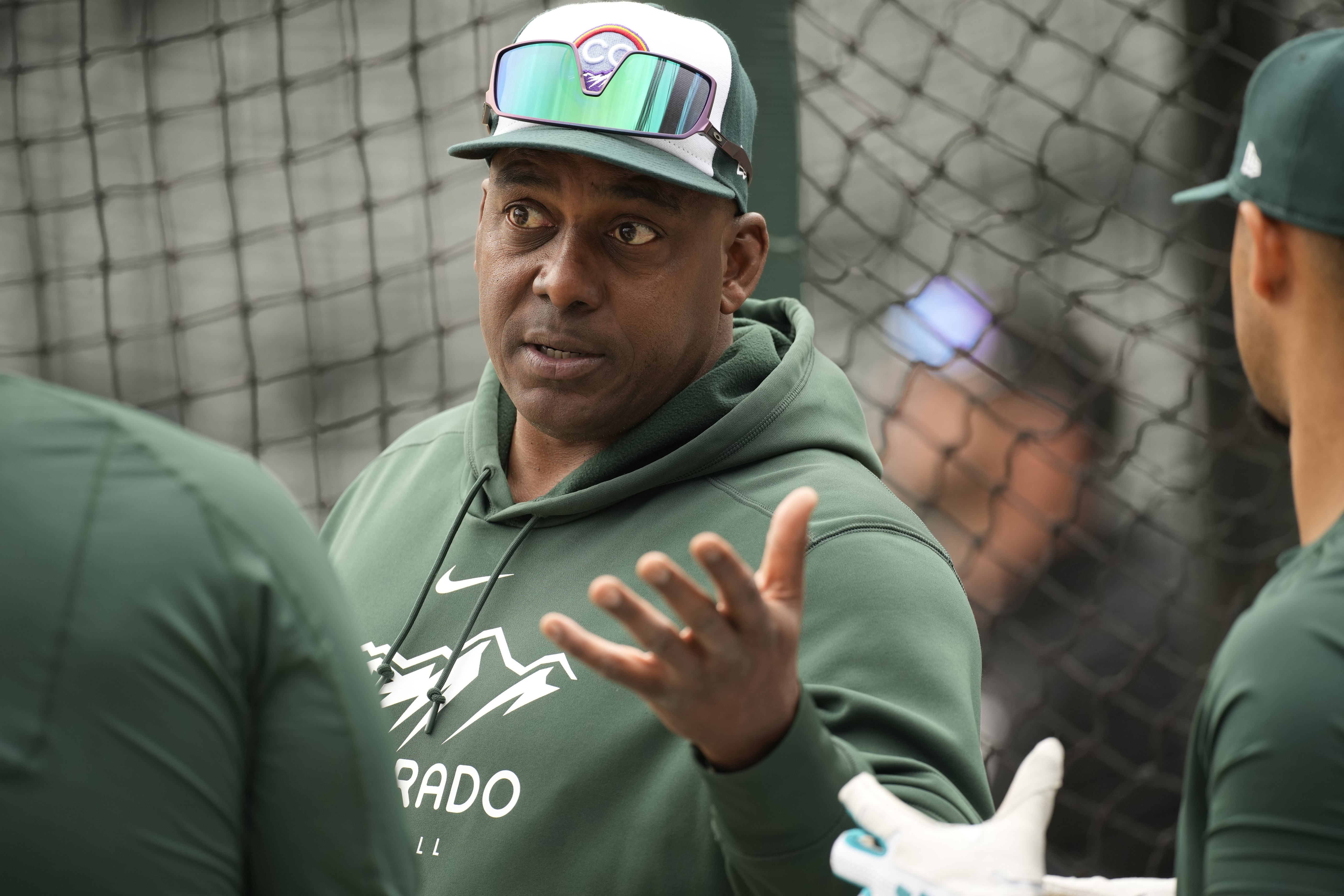The Court of Arbitration for Sport says a Russian boxer and Romanian weightlifter will lose medals from the Rio de Janeiro Olympics after failing doping tests at the games.
Misha Aloian won a flyweight silver medal in a bout on the final day of the Olympics in August and tested positive for the banned stimulant tuaminoheptane.
Gabriel Sincraian, who won bronze in the men's 85-kilogram weightlifting, tested positive for exogenous testosterone.
CAS says the results from both athletes have been disqualified.
Meanwhile, IOC President Thomas Bach said Thursday that Russian athletes and officials who are proven to have been part of a doping "manipulation system" should be banned for life from the Olympics.
Bach gave his personal view one day before Canadian investigator Richard McLaren publishes a final report into alleged state-backed cheating at the 2014 Sochi Winter Olympics.
Proof of systematic doping would be "aggravated circumstances" to justify life bans, the IOC leader said at a news conference after a three-day executive board meeting.
U.S. & World
"I would not like to see this person again at any Olympic Games in any function," said Bach, who declined to speculate if fresh revelations Friday could lead to calls for Russia's exclusion from the 2018 Pyeongchang Winter Games. "I do not know the content and the scope of the report of Professor McLaren."
Bach did note that as an IOC disciplinary commission chairman he approved life bans for Austrian team members implicated in a doping program at the 2006 Turin Winter Games.
However, proving that individual athletes knew of systematic doping involving state agencies could be difficult.
McLaren, who was appointed by the World Anti-Doping Agency in May, is expected to give more detail about cheating operations at the Sochi laboratory.
In his interim report in July, McLaren confirmed claims by former lab director Grigory Rodchenkov of a hole-in-the-wall swapping system aided by the FSB security agency to exchange athletes' dirty urine samples for clean ones.
Earlier Thursday, the IOC member appointed to oversee disciplinary cases that arise from McLaren's evidence acknowledged they could be tough to prove.
"Can you prove (athletes) were aware?" Denis Oswald said on the sidelines of a sports law conference in Geneva.
"It is not that we would be scared to attack high level people in the Russian regime," the Swiss lawyer said. "The question is more on the legal point of view. Can you punish athletes if they have done nothing and whether they were not aware of what was happening?"
Bach has also appointed a second IOC commission, headed by former Switzerland president Samuel Schmid, to evaluate if McLaren's report and evidence proves a state-run doping system.
"And then based on that we will see if we can start cases against athletes," Oswald said.
Oswald will approach his next Olympic clean-up project after spending several months disqualifying dozens of athletes — mostly in Russia and former Soviet Union countries — from the 2008 Beijing Olympics and 2012 London Olympics. Their use of anabolic steroids was detected in re-tests of samples.
He acknowledged it was "easy to see the link" in claims that Russian authorities approved a doping program for the home Olympics at Sochi after the team's poor performance at the 2010 Vancouver Winter Games.
"There are some indications according to first report there was this mouse hole (in the Sochi lab) and trafficking of samples," Oswald said. "And there are certainly enough elements to prove that something was done by the authority, by the minister of sport."
Still, the evidence to prove doping might be missing.
"With DNA we can prove that the sample under the name of that person is not belonging to the person," Oswald said, of the sample swaps in Sochi. "But, again, does it mean the original urine is positive, is contaminated?"
For now, Russia is atop the Sochi medal table with 13 golds ahead of Norway's 11, and 33 total medals compared to 28 for the United States.
Asked if Russia will remain there in the fallout of McLaren's report and the IOC's follow-up commissions, Oswald said "probably not."
Meanwhile, United States lawmakers want Bach to attend a congressional committee hearing next Thursday to provide an update on sports' fight against doping.
"Unfortunately I cannot attend there," said Bach, adding that the IOC will "provide by other means all the information they may need."



